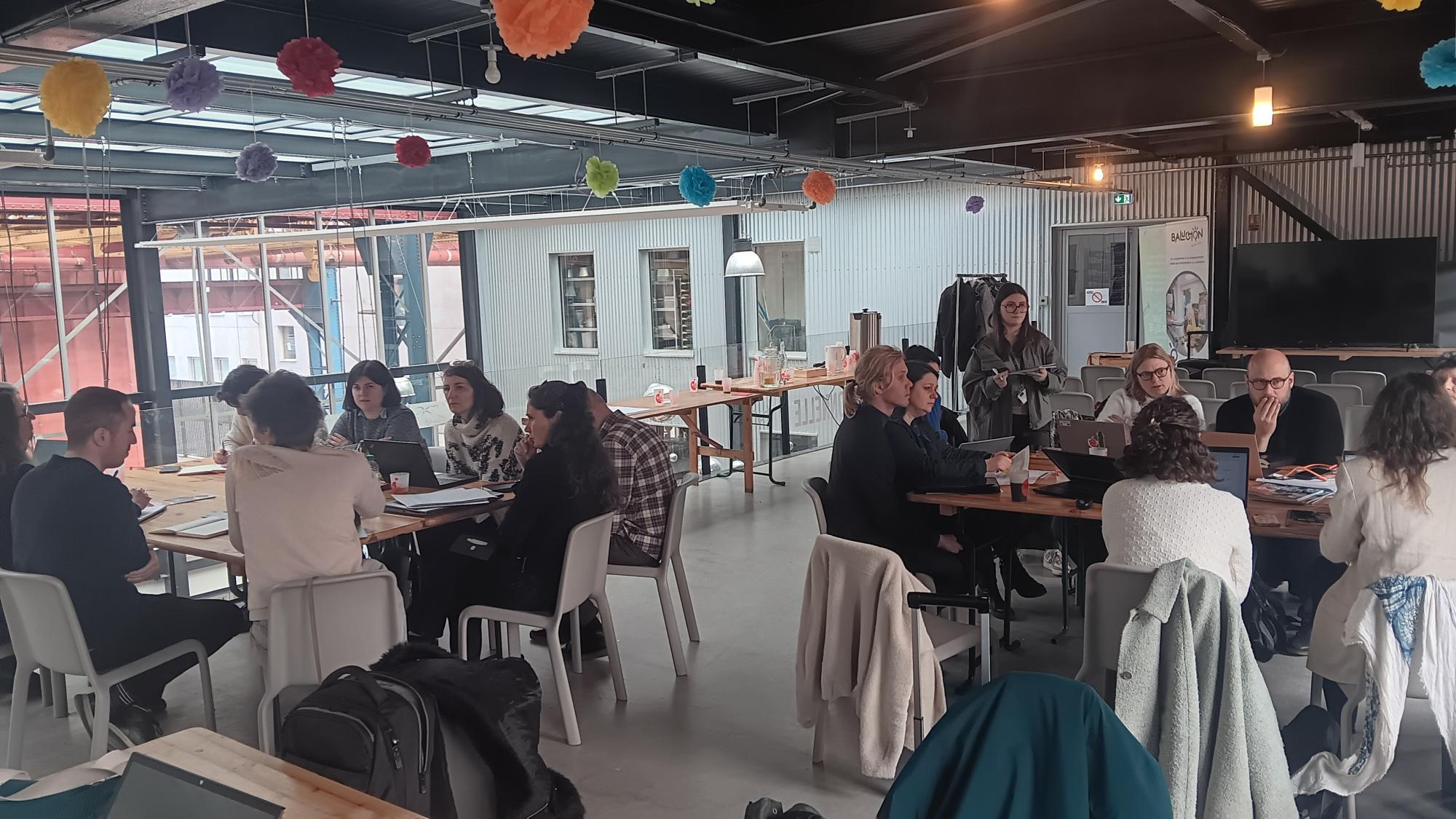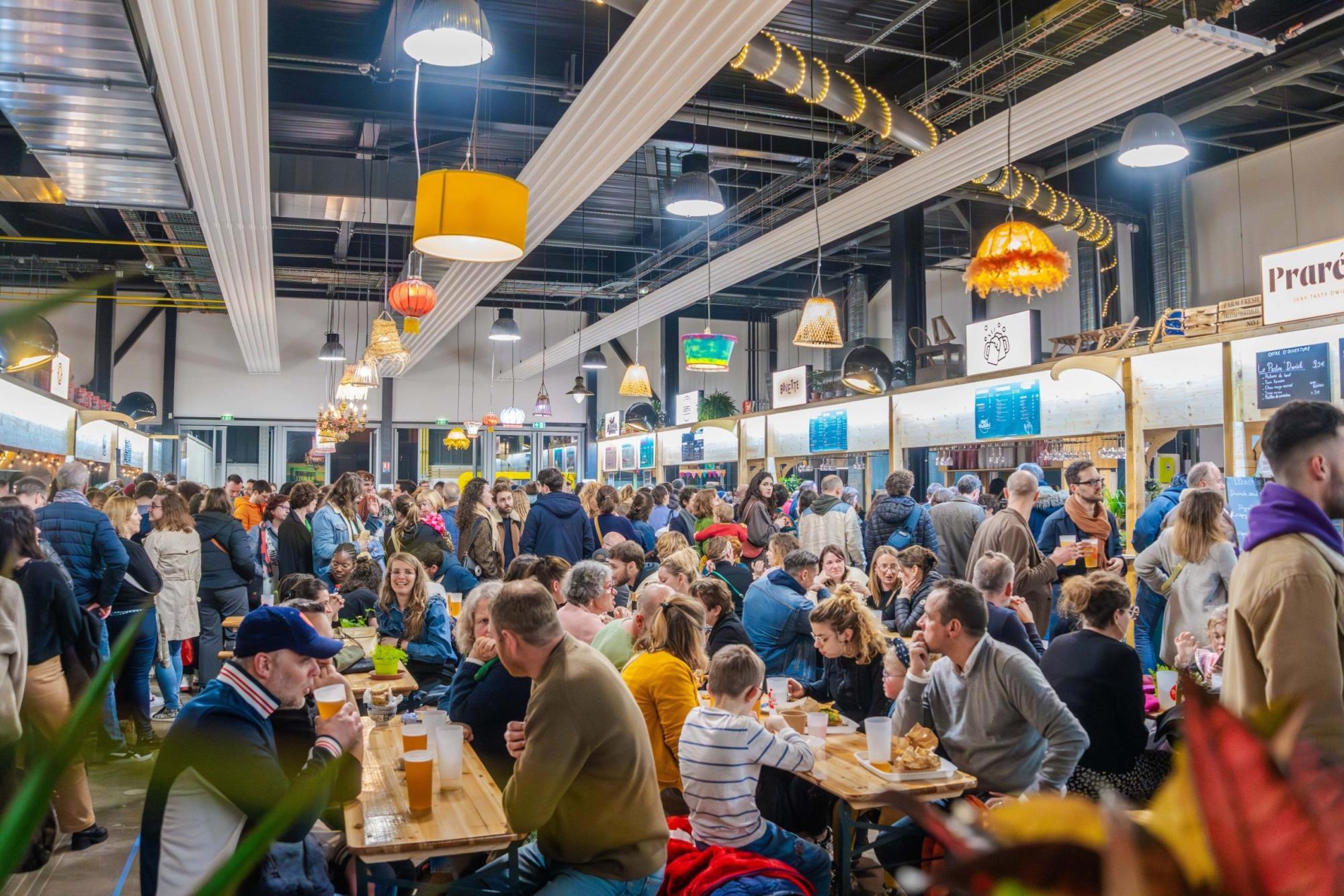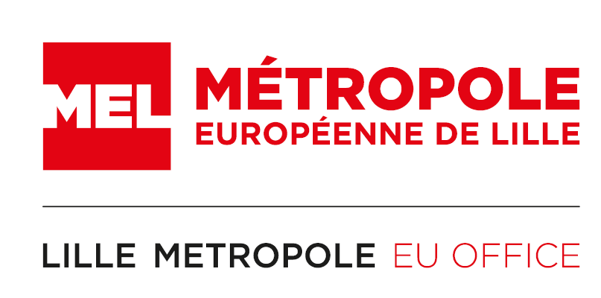
The Urban Agenda for the European Union: Cities at the Heart of European Cooperation
Launched in 2016, the Urban Agenda for the European Union represents a major step in acknowledging the crucial role of cities in addressing today’s key challenges — from ecological transition to social inclusion and sustainable mobility. This initiative fosters stronger cooperation between EU institutions, Member States, local authorities, and other relevant stakeholders around shared urban priorities.
Rather than creating new legislation, the Urban Agenda aims to better align EU policies with the on-the-ground realities of cities. It is structured around thematic partnerships that tackle concrete issues such as air quality, housing, the circular economy, or migrant integration.
The Agenda focuses on three main goals:
Better Regulation: making European policies more adapted to urban realities ;
Better Funding: facilitating access to European funds for towns and cities ;
Better Knowledge : strengthening the exchange of good practices and data.

Through this collaborative approach, the Urban Agenda supports a more sustainable, cohesive, and citizen-focused model of urban development. The Partnerships take place over the course of three years.
What about the Food Partnership ?
Among the various thematic partnerships of the Urban Agenda for the EU, the Urban Food Partnership stands out for tackling a fundamental yet often overlooked issue: how cities produce, distribute, and consume food. In a context marked by growing concerns about food security, health, and climate change, this Partnership brings together all relevant stakeholders to rethink urban food systems throughout the whole chain, from production, to consumption, to avoiding food wastage.
Launched as part of the broader effort to promote sustainable urban development, the Food Partnership aims to support cities in making their food systems more resilient, local, inclusive, and environmentally friendly. This includes encouraging short supply chains, reducing food waste, promoting urban agriculture, and ensuring access to healthy, affordable food for all.
The initiative doesn't seek to impose a one-size-fits-all model. Instead, it acts as a platform for sharing innovative practices, identifying regulatory barriers, and improving cities' ability to access European funding dedicated to sustainable food projects. In essence, the Urban Food Partnership is not only about feeding cities — it's about empowering them to become key players in building fairer and more sustainable food systems for the future.
You can find out more about the Food Partnership by checking out the website right here.
The meeting in Lille Metropole
The in-person meeting in Lille Metropole was an opportunity to strengthen links between partners, to share feedback from local experiences, and to continue the hard work towards producing the final action plan.
Prior to this meeting, an initial phase had been dedicated to evidence-based research led by relevant experts, after which the partnership focused on clarifying and narrowing-down the issues that were identified within food systems. Having taken stock of those issues, partners worked on developing an action plan which is both impactful and feasible.
The meeting in Lille Metropole was a key moment which enabled the partners to engage in working sessions to finalise the Draft Action Plan. The discussions led to an Action Plan structured around seven complementary actions aimed at supporting, promoting, and advancing the role of cities in transforming food systems, with a focus on the key pillars of Better Knowledge, Better Regulation, and Better Funding.

Within the framework of Better Regulation, a central initiative aims to promote a supportive EU policy environment that empowers local food strategies, ensuring alignment and coherence across sectors and governance levels—from the EU down to local communities. Alongside this, efforts will spotlight the crucial role regional and national authorities play in backing and overseeing local food policies. This initiative will showcase exemplary models illustrating how these higher-level frameworks foster collaborative governance, build capacities, and enhance networking for local food initiatives.
Another important measure aimed at developing better regulation focuses on advancing sustainable food procurement. This includes the development of a position paper advocating for the establishment of minimum standards and the simplification of procurement procedures. Moreover, this action will gather a range of food procurement practices from different projects and settings to offer practical insights that support training in food policy.
In terms of Better Knowledge, one of the key initiatives is the "Local Food Policy Training" program, which will offer both online and in-person sessions designed to help participants develop, implement, and monitor effective local food strategies. This training will also integrate elements from the Better Funding pillar, providing practical advice on how to secure funding for local food initiatives.
Another important area for the Partnership is the use of public land to promote food sovereignty. To address this, members have agreed to create an Interest Group dedicated to public land, soil health, and agriculture. This group will focus on knowledge sharing, advocacy, and capacity-building efforts aimed at supporting sustainable food systems.
Lille Metropole’s local ecosystem
Participation in this partnership is a reflection of Lille Metropole’s commitment to encouraging short supply chains, reducing food waste, promoting urban agriculture, and ensuring access to healthy, affordable food for all. As such, Lille Metropole is dedicated to strengthening its local ecosystem, and supports various local stakeholders and projects, some of which were visited during the in—person meeting. For instance, the vibrant Chaud Bouillon is a revitalised area located within a reconverted factory, which emphasises the central role of food in promoting local products, short supply chains, while simulataneously fostering social inclusion, solidarity, and the creation of new job opportunities. Chaud Bouillon regroups :
An open restaurant space, with 7 local restaurants offering dishes made with local, seasonal products that also prioritise animal welfare.
A « Common Kitchen », a 200 m² shared space available to local NGOs and partners. This space hosts numerous workshops throughout the year, organised through a collaboration between the Centre Communal d’Action Sociale of Lille and the NGO Les Sens du Goût. These workshops aim to educate and raise awareness about sustainable eating, strengthen social bonds, and support solidarity initiatives.
A shared laboratory with an incubator and a solidarity catering service. The Baluchon Incubator helps culinary talents professionalise, test, and bring their projects to life. The catering service prepares dishes using fresh, local, and seasonal products while providing training for individuals seeking to re-enter the job market.

Photo © Laurent JAVOY
You can read more about Lille Metropole’s food-related activity by checking out the articles about the newly adopted food and agriculture strategy, as well as our article about initiatives that aim to reduce food waste.

